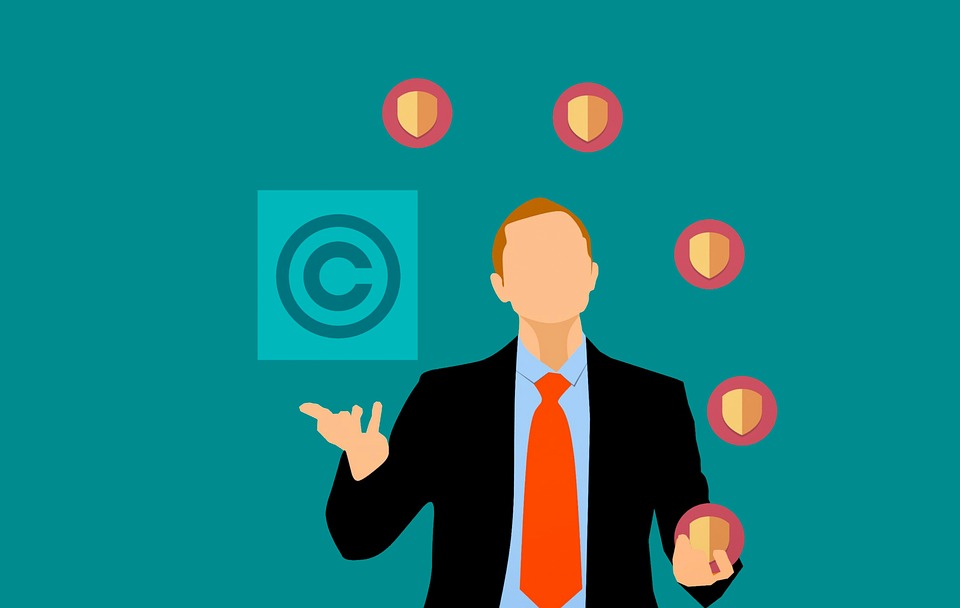
Say you created a design you want to make sure no one can claim as their own. You must legally secure the rights to your work. But do you go with a patent or a trademark? It can be complicated to know the similarities and differences between these two very different types of intellectual property. Of course, you don’t need to understand all the little nuances that go into filing for a patent or registering a trademark. That’s what intellectual property attorneys are for. And if the time comes when you need to defend your work, these attorneys will have your back.
First of all, what are intellectual property attorneys?
They are lawyers that help you navigate intellectual property laws in order to safeguard your original work. They are useful when it comes time for you to legally secure rights.
Let’s use copyright protection as an example. Imagine you are a novelist who has just completed their masterpiece. Copyright protection gives the author, the copyright holder, the exclusive right to (1) reproduce the copyrighted work; (2) create derivative works from the original material; (3) distribute copies of the work; (4) perform the work publicly; and (5) display the work.
Of course, this author may want to let a third-party create derivative works. For example, if a production company approaches the author to create a television show based on the novel. In cases like this, intellectual property attorneys can also help with licensing agreements.
What else do intellectual property attorneys do for their clients?
Let’s use trademarks as an example this time. A trademark is typically a unique symbol or visual design. It must be distinct and original; however, it doesn’t have to be overly complex. Some of the most effective trademarks are quite simple. Company logos like Apple and Microsoft are trademarked. This means you cannot use the company’s logos as your own. Likewise, you couldn’t sell t-shirts featuring the Apple logo, unless you wanted an expensive visit from Apple’s intellectual property law firm.
In addition to helping you file for a patent, copyright, or trademark, intellectual property attorneys will also help you go to court if someone infringes on your copyright or steals your trademark.
What’s the difference between copyrights, trademarks, and patents?
While a copyright can help you protect creative works like novels or songs, trademarks help you protect visual designs. Patents are issued to protect inventions, from new computer designs to the software and apps that run on it. One early patent was Thomas Edison’s light bulb design. While he didn’t patent the light bulb itself, he patented the method he used for it. This meant he could sell the invention, but others couldn’t claim it as their own. This type of intellectual property gives the inventor the exclusive rights to use and sell their invention, although these protections don’t last forever. Eventually, patents enter the public domain.
Typically, patents are only good for twenty years. So if you created a patent in 2019, it will expire in 2039. Once it expires, you cannot renew it. There are rare cases of Congress agreeing to renew a patent, but it’s not as common as you might think. However, trademarks don’t really expire. Instead, you have to prove you are actively using your trademark. It’s not enough to say that you are using it. If you’re unable to prove it’s in use, you risk losing it.
Because intellectual property can be a confusing topic, and because so much is at stake if someone is trying to steal or profit from your work, many creators rely on IP law firms. If you believe you have an original work, design, or invention, then these law firms can help you protect your hard work for many years to come.
